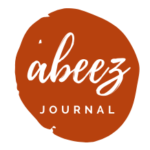Lose Vs Loose – How To Properly Use
Using lose vs loose is one of the most common writing errors. You may not have noticed, but there’s a subtle difference between the way we use lose and loose in English grammar. Some people mistakenly believe that these two words mean the same thing, but if you use them interchangeably, you could end up … Read more










